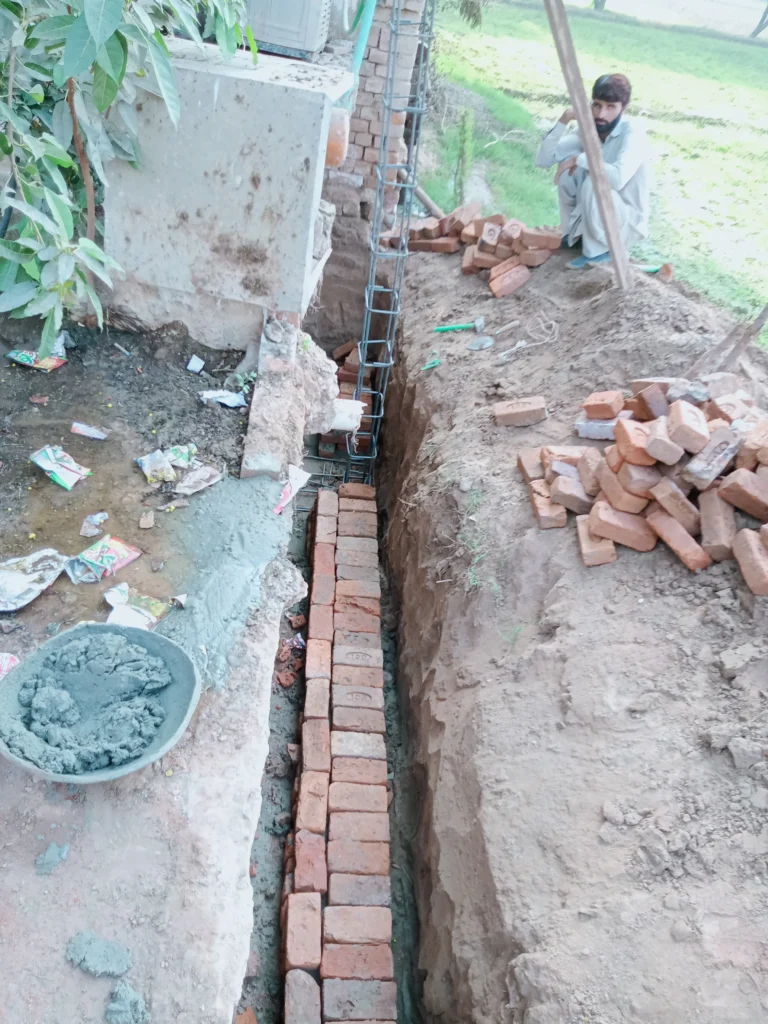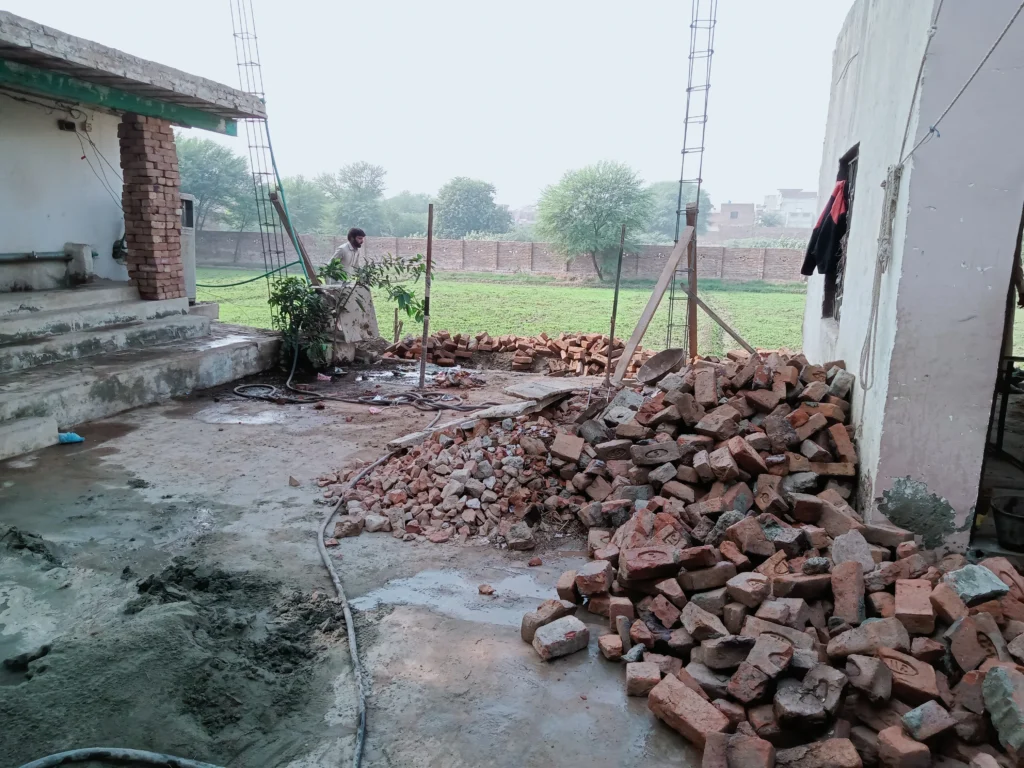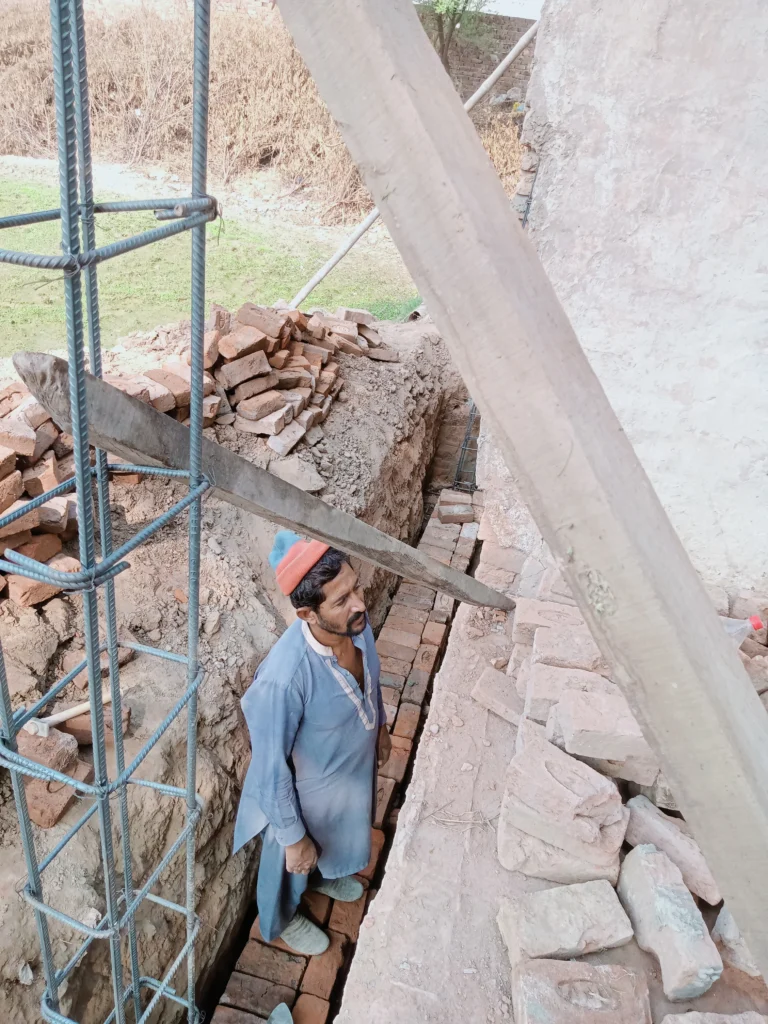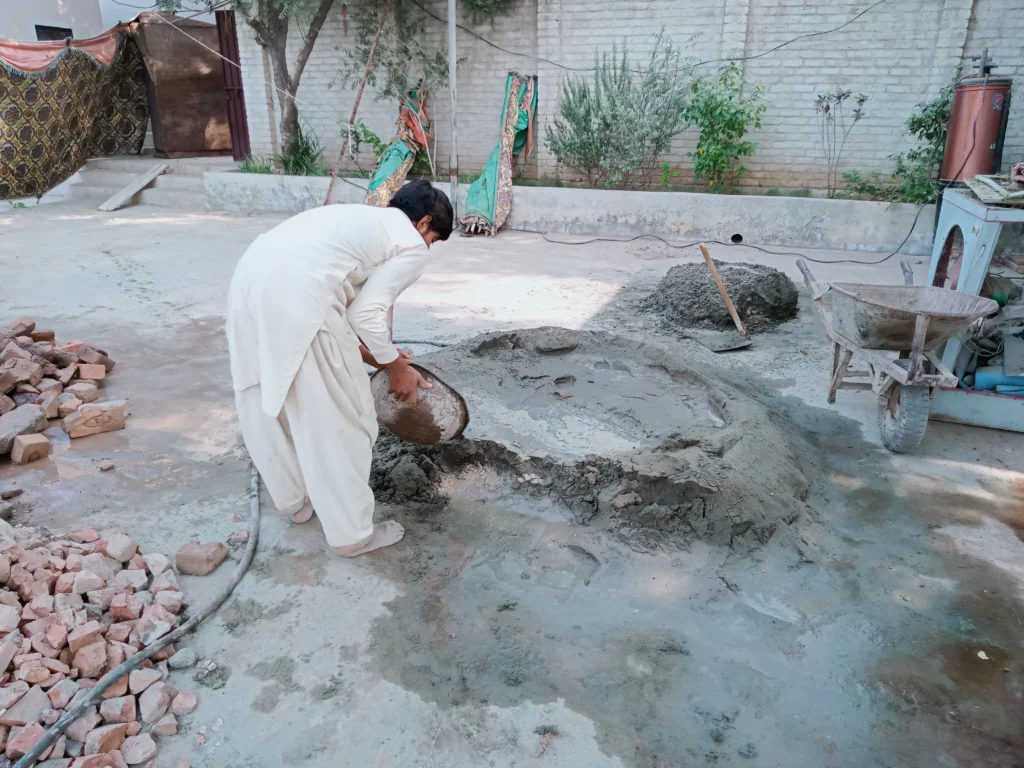
Divorce is a significant turning point in a woman’s life, and Islam ensures that women receive fair treatment, dignity, and protection during and after this transition. From financial support to child custody, Islamic teachings emphasize Divorced Women In Islam justice and compassion in handling post-divorce matters.
Raed More: Life After Ramadan
At Jamia Saeedia Darul Quran, we aim to provide clarity on the rights of women after divorce in Islam, ensuring that they navigate this phase with confidence and knowledge based on Quranic principles.
Islam’s View on Divorce and Its Permissible Conditions
While marriage is highly valued in Islam, divorce is allowed under specific circumstances when reconciliation is no longer possible. Although Allah dislikes divorce due to its emotional and social impact, it remains a viable Divorced Women In Islam option when a marital relationship becomes unsustainable.
Islamic teachings ensure that divorce is conducted fairly, with respect and without harm to either party. Reconciliation efforts must be exhausted before resorting to divorce, and the process should adhere to the guidelines Divorced Women In Islam set forth in the Quran and Sunnah.
Steps a Woman Must Follow After Divorce in Islam
After divorce, a Muslim woman follows specific steps to protect her rights and well-being:
- Observing ‘Iddah (Waiting Period): A divorced woman must complete the ‘iddah Divorced Women In Islam period, which lasts three menstrual cycles if she is not pregnant. If she is pregnant, it continues until the birth of the child. This period helps determine paternity and allows room for possible reconciliation.
- Receiving Financial Support (Nafaqah): The ex-husband is responsible for providing financial support during the ‘iddah period, including shelter, food, and clothing.
- Right to Mahr (Dowry): If the husband initiates the divorce, the woman is entitled to keep her mahr unless she voluntarily relinquishes it in the case of Khula.
- Custody of Children: Islamic law grants custody of young children to the mother, while the father is responsible for financial support.
- Emotional and Spiritual Healing: Women are encouraged to seek emotional and spiritual support through family, community, and prayer.
- Independence and New Beginnings: After the completion of ‘iddah, a woman Divorced Women In Islam is free to remarry and start a new chapter in her life.
Financial Responsibility for a Divorced Woman
Financial support varies based on the divorce stage and individual circumstances:
- During ‘Iddah: The ex-husband must provide for the woman’s needs, including Divorced Women In Islam accommodation, food, and clothing.
- After ‘Iddah: The financial responsibility of the ex-husband ceases unless the woman has custody of their children, in which case he must continue providing child support.
- Mahr (Dowry): A woman retains her mahr as financial security if the husband initiated the divorce.
- Family and Community Support: If a divorced woman does not remarry and Divorced Women In Islam lacks financial means, her family and community are encouraged to assist her.
Stages of Divorce in Islam
Islamic law ensures a structured approach to divorce, allowing for reconciliation at different stages:
- First Pronouncement of Talaq: The husband declares the first Talaq, initiating the ‘iddah period. During this time, reconciliation remains possible.
- Second Pronouncement of Talaq: If no reconciliation occurs, the husband issues a second Talaq after the ‘iddah period.
- Final Pronouncement of Talaq: If a third Talaq is issued, the divorce becomes final (Talaq al-Ba’in), and reconciliation is no longer allowed unless the woman marries and divorces another man.
- Completion of ‘Iddah: After the third ‘iddah period, the divorce is finalized, and the woman is free to remarry.
Recovery Time After Divorce
The time it takes for a woman to recover from divorce varies based on emotional resilience Divorced Women In Islam, financial stability, and support systems. Factors that influence recovery Divorced Women In Islam include:
- Emotional Impact: Divorce can trigger sadness, anger, or relief. Emotional healing may take months or years.
- Support System: A strong family and community network can ease the transition.
- Custody and Financial Adjustments: Managing children and financial independence affects recovery time.
- Personal Growth: Many women find new opportunities for self-improvement and empowerment after divorce.
Conclusion
Islam upholds justice and compassion for women after divorce, ensuring their rights to financial stability, dignity, and support. Understanding these principles empowers women to navigate post-divorce life with confidence and clarity.
At Madrasat El-Quran, we are committed to educating women about their rights under Islamic teachings. Empower yourself with this knowledge to ensure fairness and justice in your journey Divorced Women In Islam forward.
Read More: Can Women Visit Graveyards in Islam
FAQs
What are the basic rights of a woman after divorce?
She is entitled to financial support during ‘iddah, retains her mahr, Divorced Women In Islam and may receive child custody and financial support for children.
How long is the Iddah period?
Three menstrual cycles for menstruating women, three months Divorced Women In Islam for post-menopausal women, and until childbirth for pregnant women.
Does a woman have the right to child custody after divorce?
Yes, in most cases, Islamic law grants custody of young children to the mother, while the father remains responsible for financial support.









